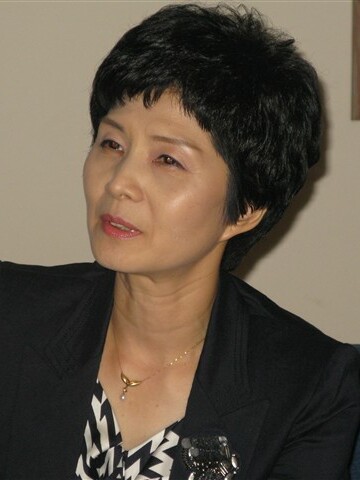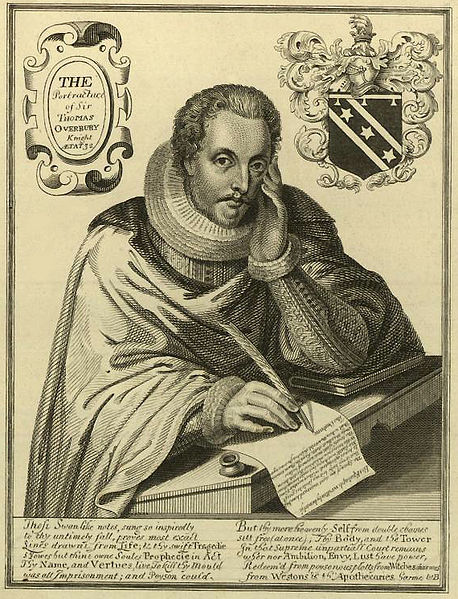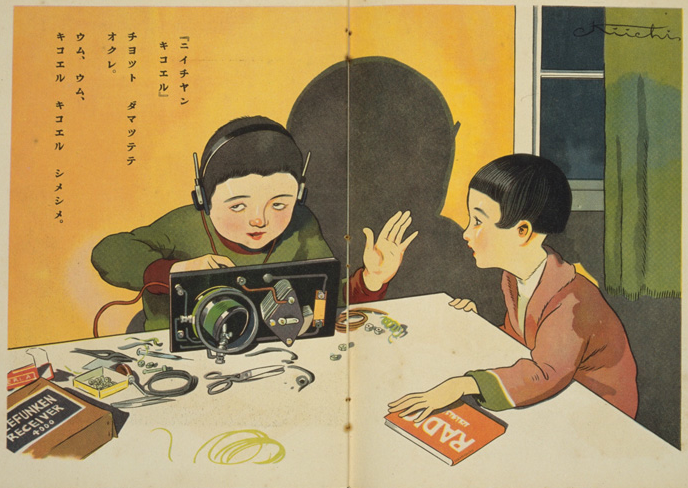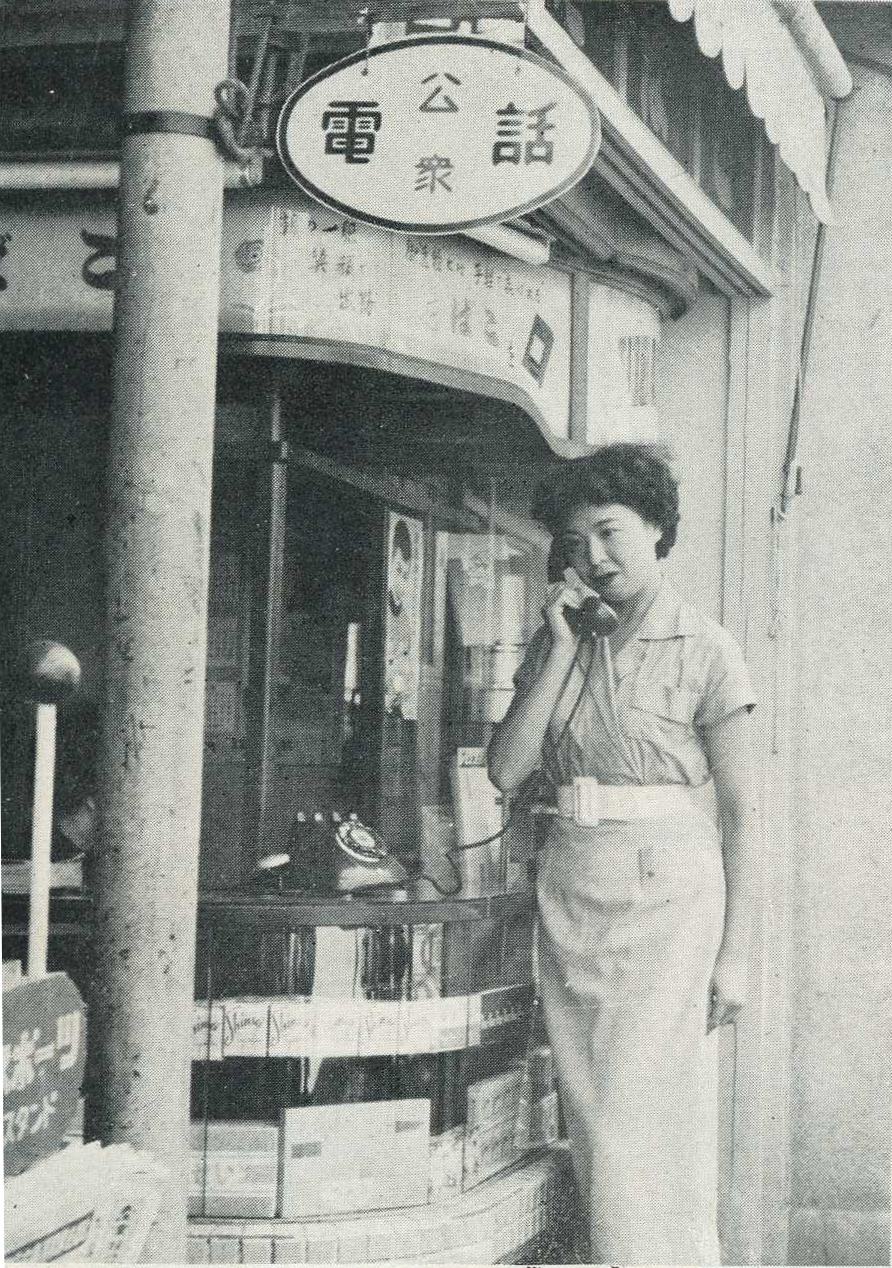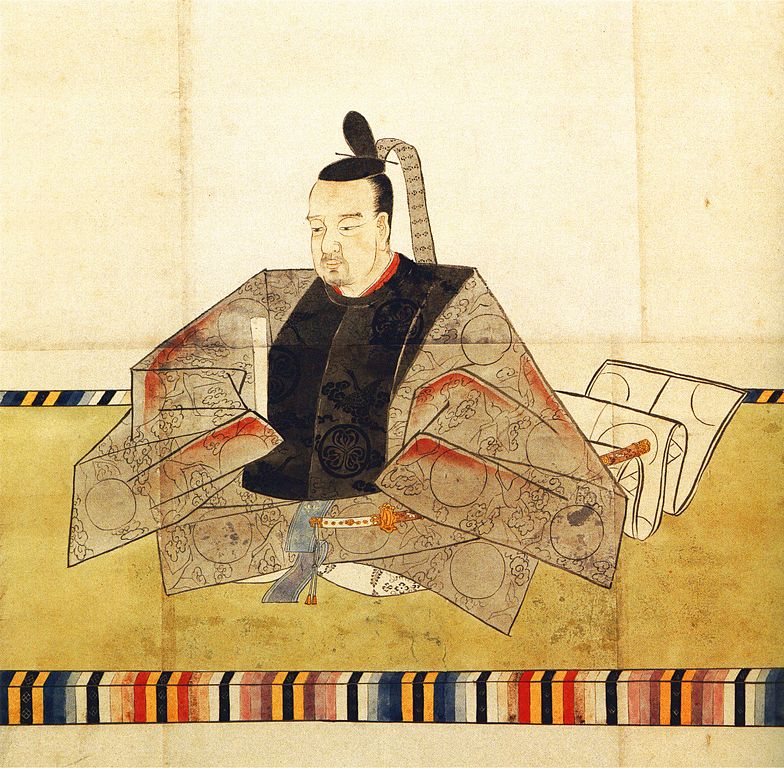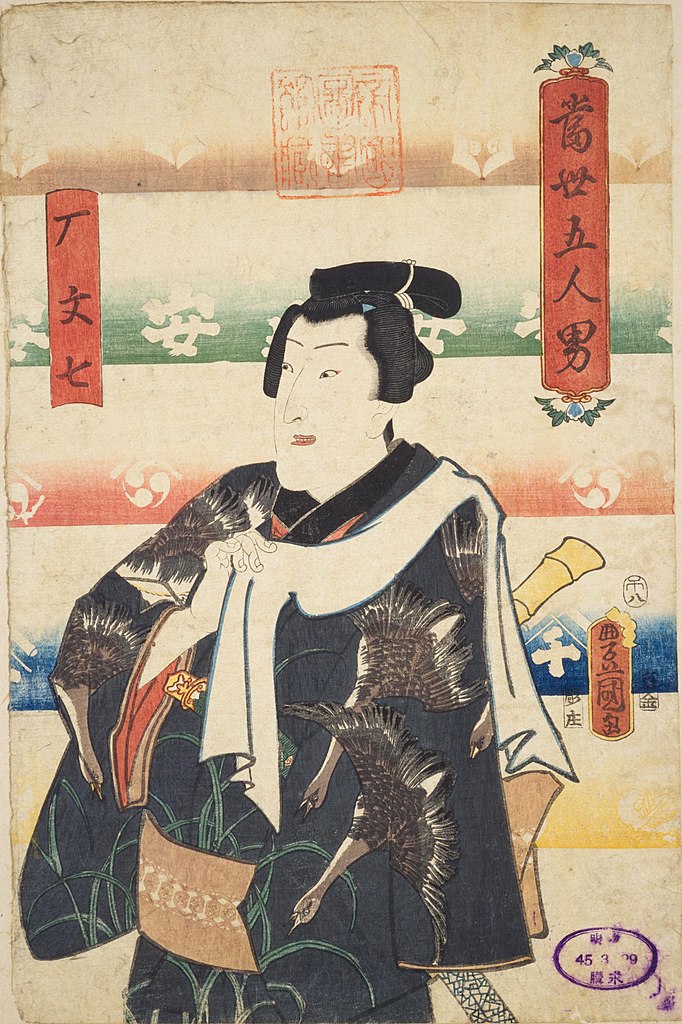Once again, Isaac underestimates how many episodes it will take to cover something, and so one more time, we’re talking…
A North Korean plot to sabotage the Olympics and possibly derail a crucial South Korean election hinged on a pair of very unusual spies. When one of the bombers survived after swallowing a cyanide capsule, she told investigators her whole world was a lie.
This week on the podcast, something a little different: My first time traveling purely as a tourist in Japan, with…
Mirror mirror on the wall, who really killed Thomas Overbury? We’re getting deep into what might just be the weirdest trial we’ve ever covered on this show, with accusations flying about witchcraft, a poisoned enema, Spanish treachery, and a cameo from Sir Francis Bacon.
This week: the rise and demise of radio in Japan, covering everything from the birth of NHK to the origin…
This week: The history of the record player in Japan, from the first prototypes to the dawn of the Japanese pop star.
We begin a twisted tale of witchcraft, poison, and legal arguing over magically cursed genitals in the court of King James I. Sir Thomas Overbury tried his best to climb to a coveted position at court, but he made a lot of enemies along the way.
In the first of a multi-part series on the history of communications technology in Japan, we’ve got a double-header: the…
Tokugawa Ienari is often considered the worst shogun of the Tokugawa era. Where does his reputation come from, and is it entirely deserved?
In life, they were poor hooligans. In death, they became five of Japan’s greatest folk heroes. Join us for a journey into Japan’s 17th-century true crime puppet shows, time-traveling heroic tales, and kabuki romance.

